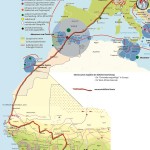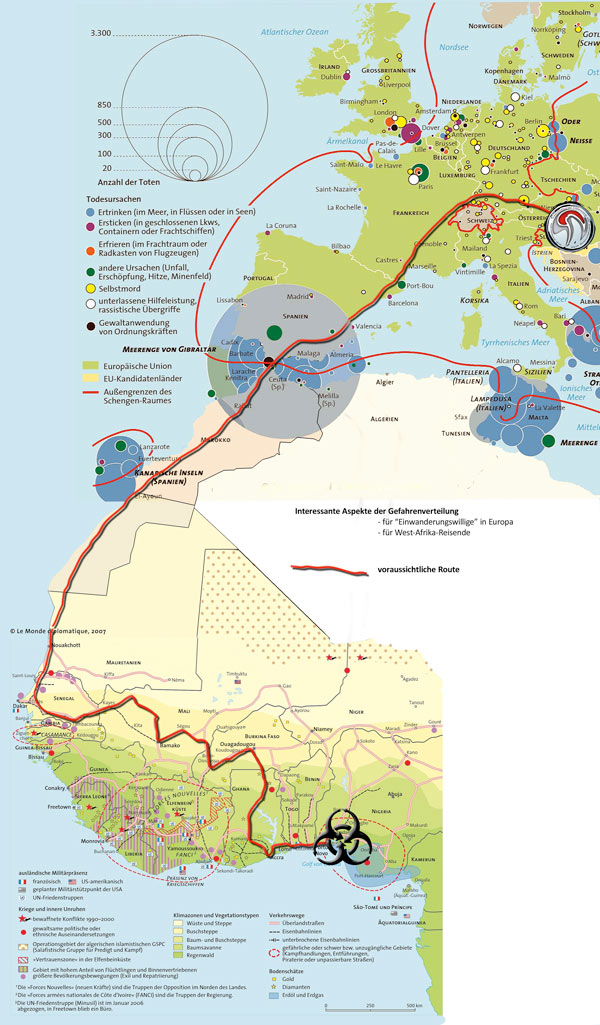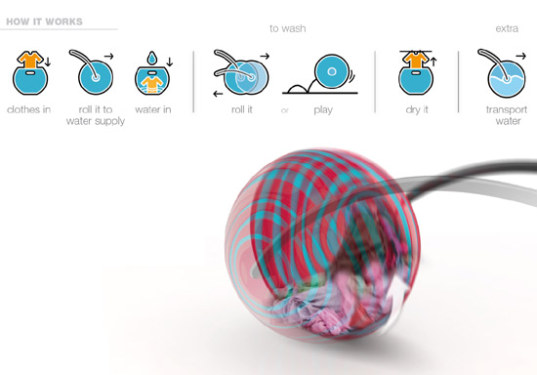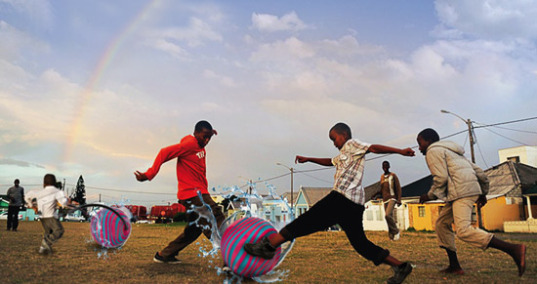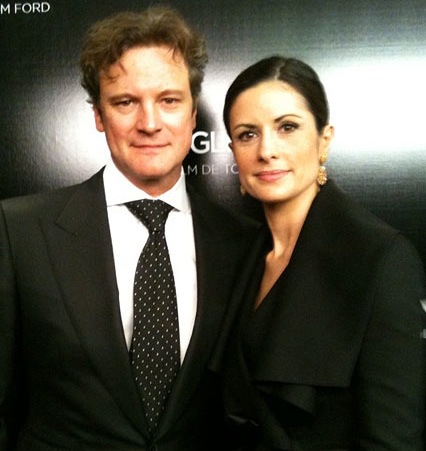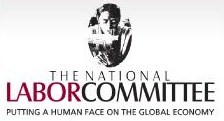
Yesterday we posted a link on our Facebook Fan Page on the tragic factory fire in Bangladesh on Feb. 25th that killed 21 workers (mostly women) and injured 31 more.
Below is a message today from the National Labor Committee (NLC):
Urgent Action Alert
Please help. No more needless and tragic deaths!
On the night of February 25, a fire broke out at the Garib & Garib sweater factory in Bangladesh, leaving 25 to 30 workers trapped in the pitch darkness on the 6th floor. The emergency exit was locked and the other staircase was cluttered with bales of yarn and boxes. The workers, 16 of them women, died of smoke inhalation. Thirty-one workers on the lower floors were also injured.
The factory produces for H&M, Mark’s Work Wearhouse (Canada) and, according to H&M, Terenora of Italy and Zemman of Spain.
The workers are asking us to support their demands to the companies (attached) in order to guarantee the health and safety standards and labor rights will finally be respected.
For more information and photos go to the NLC’s website
Please help! Send a letter to the companies
Source: NLC
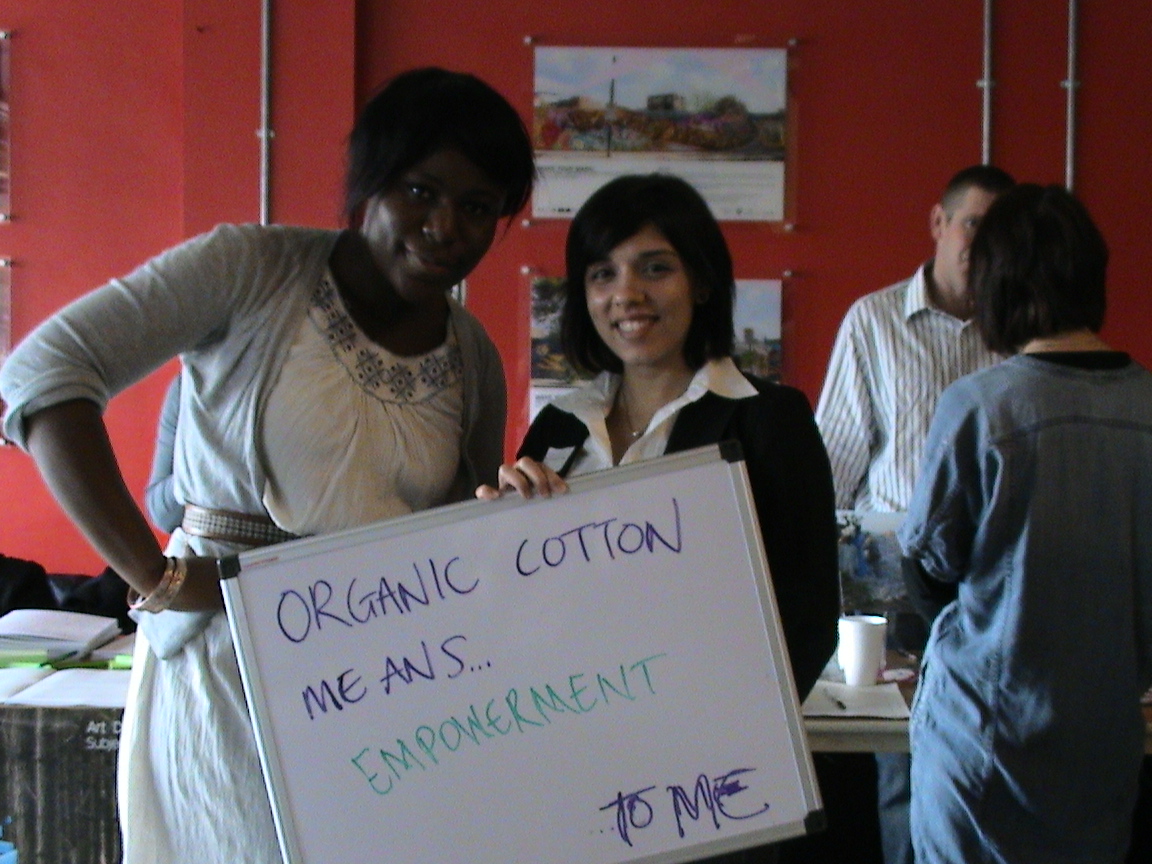
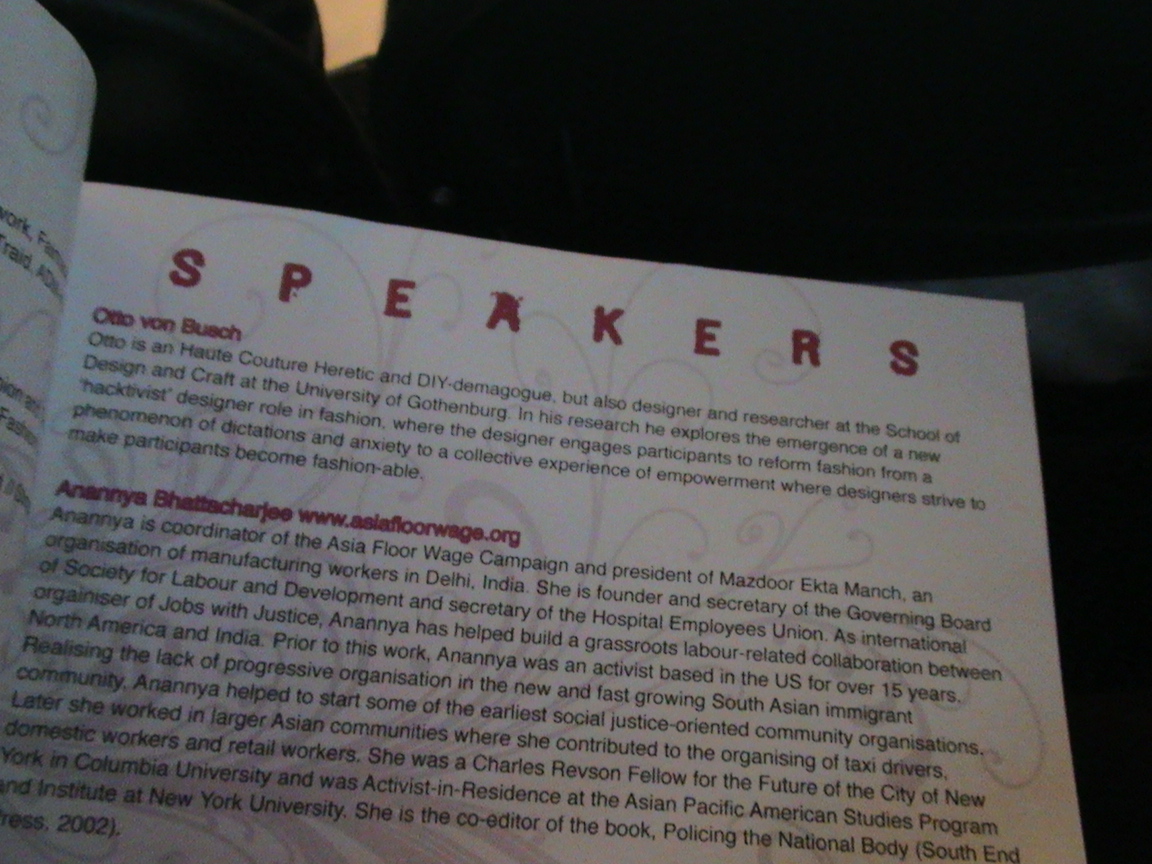


 A message from
A message from 









